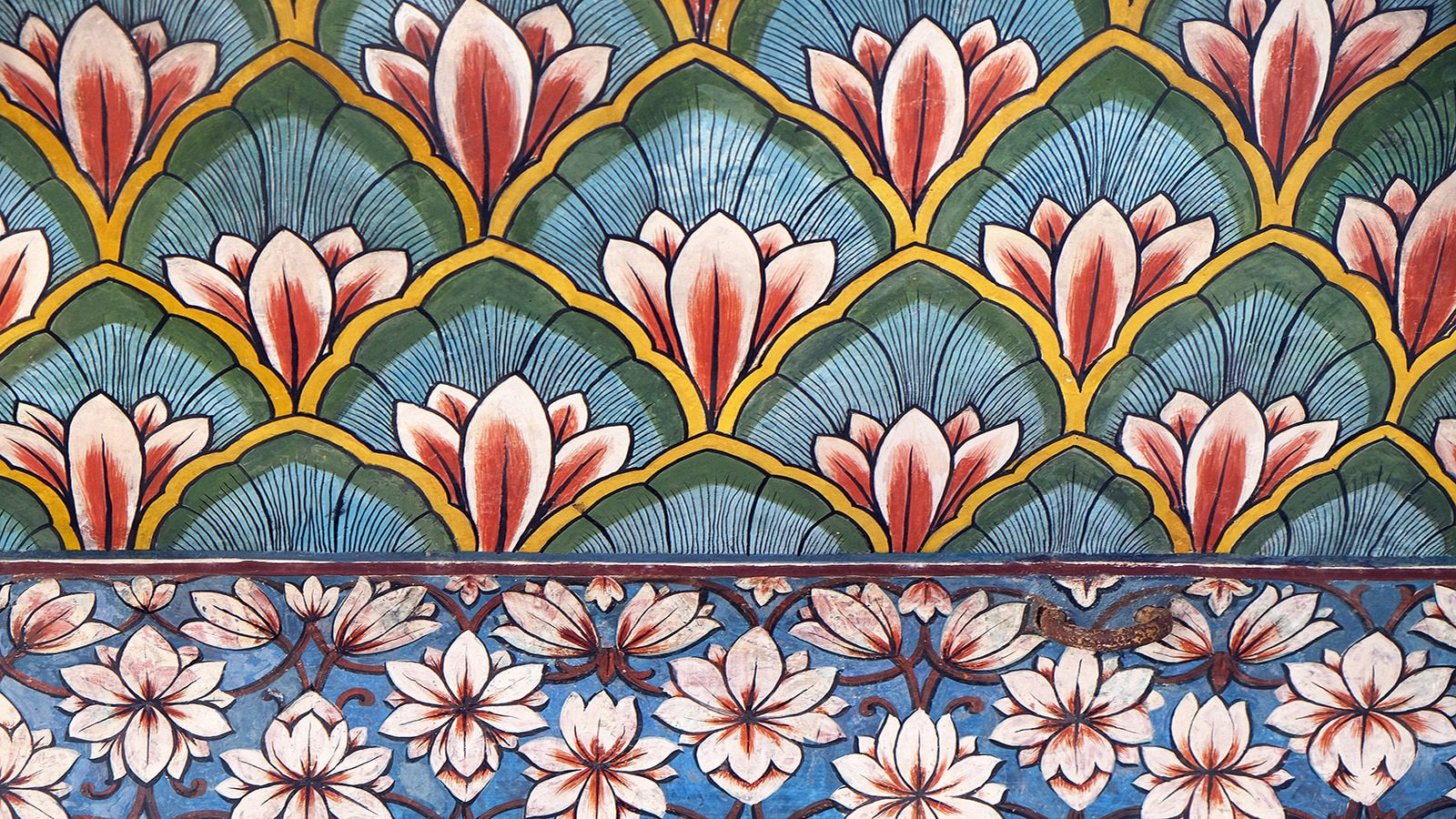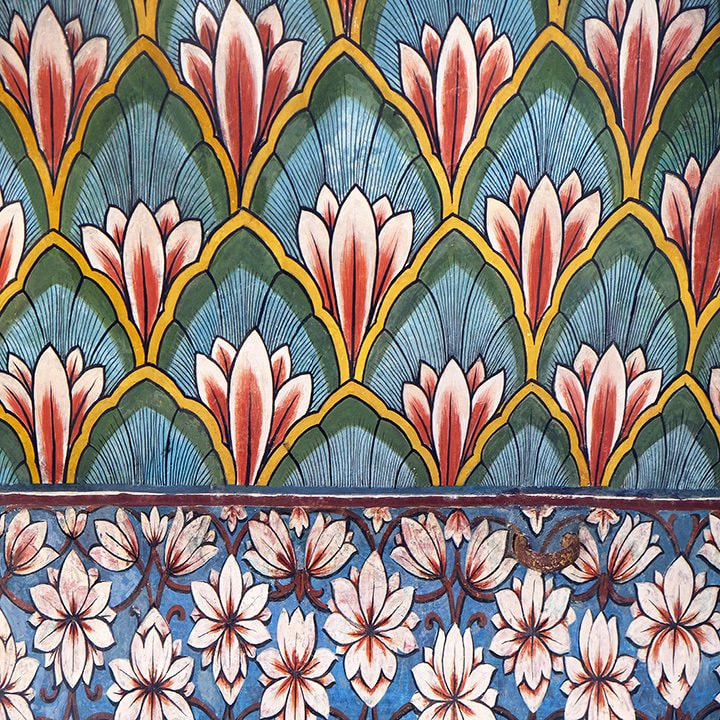The lecture will address some key themes raised by migrant artists and writers, as well as the ideological mediums they implement to create their fictional realities.
The crisis of colonialism which marked the beginning of the previous century to a large extent predetermined all the geopolitical processes that followed. It became one of the main causes of the First World War and led to significant changes in the global political map in the twentieth century. The partition of the once united India and the emergence of the independent India, Pakistan, and later Bangladesh was one of the most tragic episodes in current history.
Processes that have led to the formation of the new Indian society, its desacralization, and the inclusion of India into the global socio-economic system have led to even more complications. The specific nature of those processes was caused by the collision of two cultural paradigms—the Indian and the European ones, instigating the Indian society to search for new bases of their national self-recognition.
All this preconditioned the development of South Asian culture, literature, and art in the twentieth century which continues until today. Even more so, it is the very cultural discourse that made possible the reflection on and evaluation of the historical and social processes that have been taking place in the region, and the painful search for a new identity. Rasheed Araeen, Salman Rushdie and Agha Shahid Ali are highly idiosyncratic and original artists whose respective practices are informed by the fact that they belong to the Western literary tradition as much as to the Eastern one.
Rasheed Araeen, Salman Rushdie, and Agha Shahid Ali’s key subject is migrants in the widest meaning of the word, i.e. people with complex fragmentary identities, those who—often against their will— have risen above social and cultural conventions, inherent in humans by virtue of our nature. A migrant necessarily combines at least two identities and is always characterized by somewhat of a personality split. The confrontation and coexistence of the innate and the acquired, the Eastern and the Western, the traditionalist and the innovative, the religious and the secular, as well as the claim for a place in the forever-changed world and the attempt to define their own identity—this is what the authors reflect upon and investigate via their writings, which nevertheless, in both cases remain acutely up-to-date and painfully relevant. The Second World War, the Fiji revolution, global terrorism and islamophobia, the Kashmir conflict, the US elections, political technologies and artificial intelligence—responding to such complex issues typical of our time, these migrant writers are looking for answers from several perspectives simultaneously, erasing the boundaries between viewpoints without choosing between good and bad heroes, and going beyond the four-dimensional geometry of contemporary world. A world where, paradoxically, coexist elements of the previously seemingly unshakable binary oppositions, such as the center and periphery, diaspora and metropolis, minority and majority, and ultimately—the East and the West.

